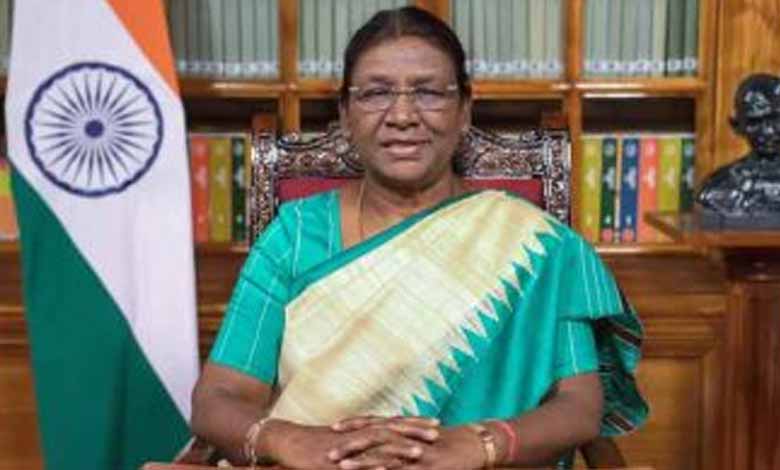Waqf (Amendment) Bill, 2025 Becomes Law After Presidential Assent
President Droupadi Murmu has granted her assent to the Waqf (Amendment) Bill, 2025, officially turning it into law. The notification was issued by the Law Ministry on April 5 (Saturday), following the Bill’s passage in both Houses of Parliament after intense debates.

New Delhi: President Droupadi Murmu has granted her assent to the Waqf (Amendment) Bill, 2025, officially turning it into law. The notification was issued by the Law Ministry on April 5 (Saturday), following the Bill’s passage in both Houses of Parliament after intense debates.
Table of Contents
Legal Challenge and Political Reactions
The legislation has stirred considerable controversy, with its constitutionality being challenged in the Supreme Court by AIMIM chief Asaduddin Owaisi and Congress MP Mohammad Javed. Despite the uproar, the government has strongly denied any claims that the amendment infringes upon Muslim religious practices.
Home Minister Clarifies the Purpose
During the Lok Sabha debate, Union Home Minister Amit Shah provided a detailed explanation of the law’s intent. He highlighted that Waqf, a sacred charitable endowment, and the waqif (donor) are deeply rooted in Islamic tradition.
He emphasized that the inclusion of non-Muslims in Waqf Boards is for administrative reasons only, ensuring accountability and the proper use of waqf donations for their “intended noble” purposes.
“There is a deliberate attempt to sow confusion… suggesting that this law encroaches upon religious practices,” Shah stated, calling it a “calculated ploy” to manipulate public sentiment.
Also Read: JD(U) Faces Internal Crisis Over Waqf Bill Support, But Muslim Vote Bank Was Already Slipping Away
Differentiating Religion and Administration
Amit Shah drew a clear line between religious sanctity and governance, stating:
“Waqf, as a charitable endowment, remains a religious institution. However, Waqf Boards and Councils are administrative entities, devoid of religious connotations.”
He reiterated that the law is designed to ensure transparency, accountability, and adherence to constitutional principles.
Parliamentary Approval After Intense Debate
The Rajya Sabha passed the Bill on April 4, with 128 votes in favor and 95 against, following an extensive debate. This came a day after its passage in the Lok Sabha, where discussions lasted nearly 12 hours.
Union Ministers Amit Shah and Kiren Rijiju strongly advocated for the Bill in the Lok Sabha, while J.P. Nadda, the Leader of the Rajya Sabha, spearheaded the debate in the Upper House, pushing back against Opposition criticism.
Nadda Accuses Congress, Defends Reforms
J.P. Nadda accused the Congress Party of enabling misuse of waqf lands through weak legislation in the past. He defended the amendments as necessary to protect national interests and ensure that waqf properties benefit poor Muslims, as originally intended.
Joint Parliamentary Committee Played a Key Role
Nadda also spotlighted the formation of a 31-member Joint Parliamentary Committee (JPC) under the Modi government, which spent over 200 hours debating the Bill. He contrasted this with the 2013 UPA-era JPC, which had only 13 members and lacked the same depth of discussion.
“Democracy thrives on meaningful discourse and inclusion of diverse viewpoints,” Nadda said, stressing the national importance of the issue.
